(ECNS)— "Cooperation between China and Brazil not only fosters economic growth, ecological protection and sustainable development, but also provides solutions to improve global food security and set a good example for South-South cooperation," said Cui Shoujun, professor and director of the Institute of International Development Studies at the School of International Studies, Renmin University of China, in an interview with China News Network recently.
Chinese President Xi Jinping is attending the 19th G20 Summit in Rio de Janeiro and paying a state visit to Brazil from Nov. 17 to 21 at the invitation of President of the Federative Republic of Brazil Luiz Inácio Lula da Silva.
Cui pointed out that since the establishment of diplomatic ties 50 years ago, cooperation between China and Brazil has yielded fruitful results. He expected that the two countries can deepen cooperation in various fields, and promote sound and steady development of bilateral relations with strategic vision and innovative thinking to embrace the next "golden 50 years."
Friendship spanning mountains and oceans
Though located in different hemispheres, people from China and Brazil have not been separated by the Pacific Ocean. Instead, they have forged a friendship spanning mountains and oceans with a long history of friendly exchanges.
About 200 years ago, Chinese tea farmers traveled to Brazil to teach tea cultivation skills. Since then, seeds of friendship have spread across the Latin American country.
In 2008, then Brazilian President Michel Temer signed a bill to officially recognize August 15 as "National Chinese Immigration Day", so as to consolidate China-Brazil relations and enhance people-to-people exchanges.
Cui pointed out that, “The Brazilian government has made an effort to recognize the contribution of Chinese immigrants to Brazil's social economy and culture, which not only reflects the deep historical ties between China and Brazil, but also highlights the important role of cultural identity in the bilateral relations.”
According to incomplete statistics revealed by China's Ministry of Commerce, the overseas Chinese population in Brazil numbered around 300,000, most of whom live in Sao Paulo. Known as Brazil's Chinatown, Sao Paulo 25th Street is famous for its vast selection of Made in China products, Chinese-owned stores as well as lion and dragon dances during holidays.
“Chinese immigrant communities have played an important role in promoting cultural exchanges between China and Brazil. The communities have not only maintained the inheritance of traditional Chinese culture, but also displayed the diversity and unique charm of Chinese culture to Brazilian society, and extensively integrated with local society," Cui said.
He added that over the past few years, China and Brazil both as representatives of developing countries and emerging economies, have maintained steady development of bilateral relations and achieved fruitful results in many fields such as people-to-people exchanges, agriculture, economy and trade, and scientific and technological innovation.
China and Brazil to embrace the next "golden 50 years"
The world today is faced with many destabilizing factors such as geopolitical conflicts, climate change, and rising poverty and inequality.
In light of such international circumstances, China and Brazil should strengthen the depth and breadth of their cooperation under multilateral frameworks so as to cultivate new growth points for bilateral relations and provide more public goods for global development, Cui suggested.
China and Brazil have a long history of cooperation in economic and trade fields, especially in agriculture, energy and infrastructure, Cui said. They should optimize their trade structure, strengthen bilateral investment in emerging industries like clean energy and green energy, and expand the breadth and depth of economic and trade cooperation, he added.
The two countries are both important members of BRICS and the Group of Twenty (G20), so they can further strengthen coordination and collaboration in multilateral organizations, promote reform of global governance, and help enhance the voice and influence of developing countries, Cui noted.
At the end of the interview, the professor mentioned that 2024 marks the 50th anniversary of the establishment of diplomatic ties between China and Brazil. He believes the two countries will work together with strategic vision and innovative thinking to forge the next "golden 50 years" in bilateral relations.








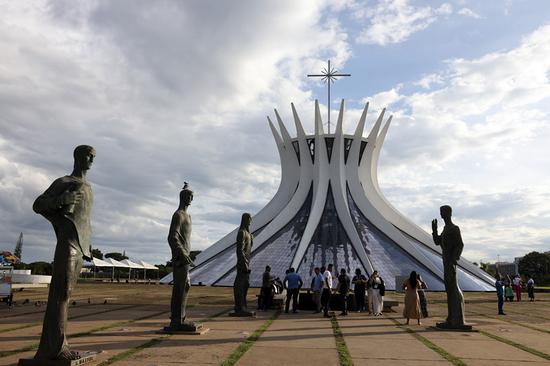

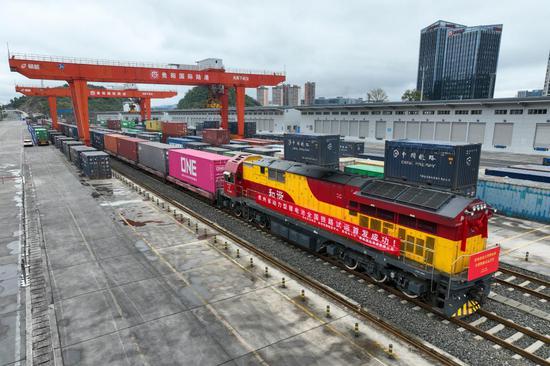
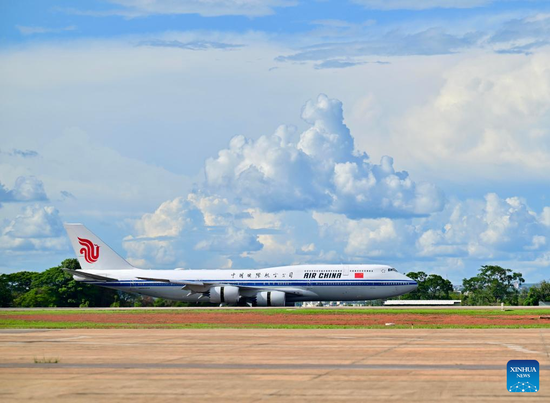



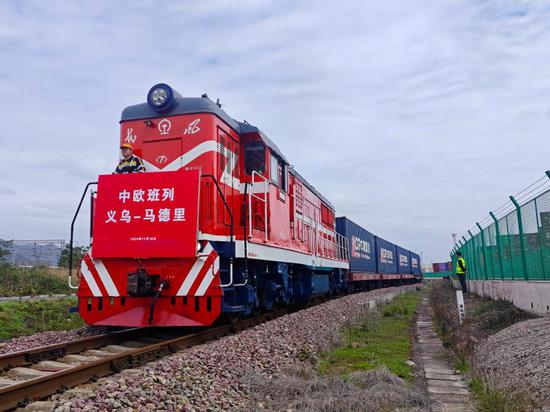
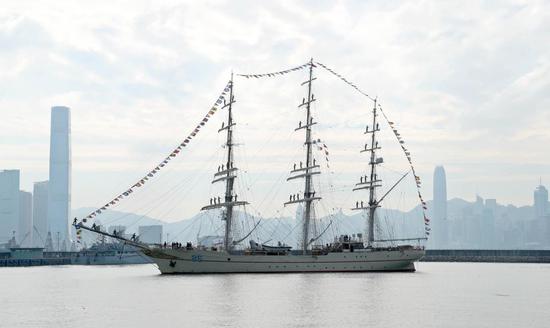

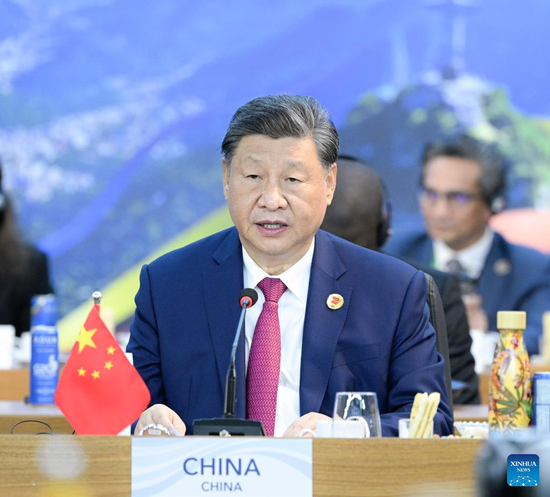




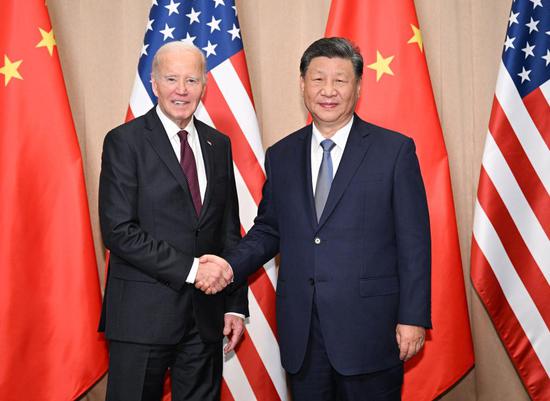
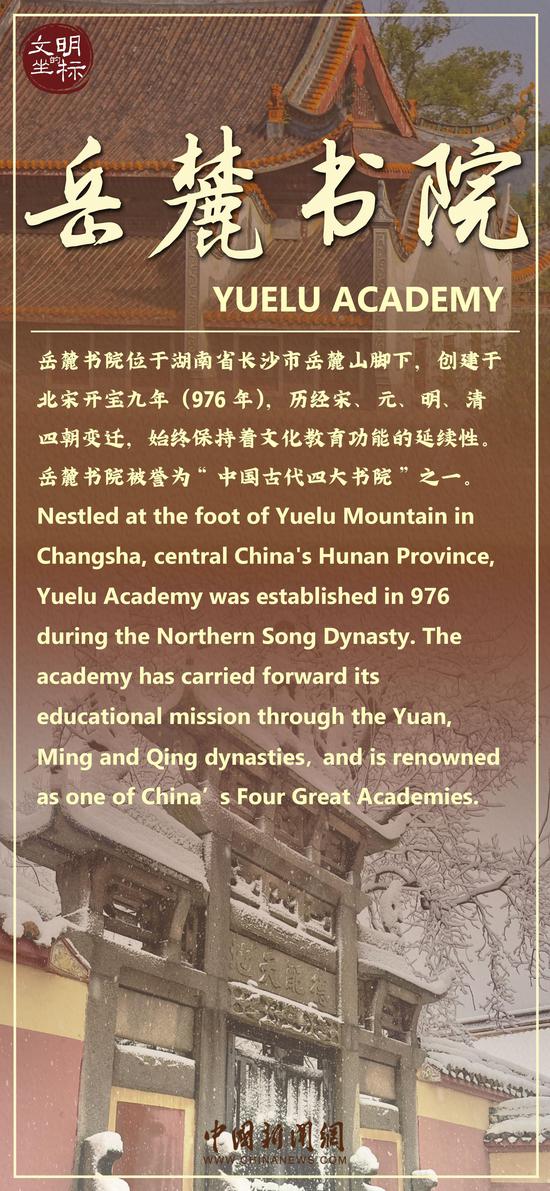

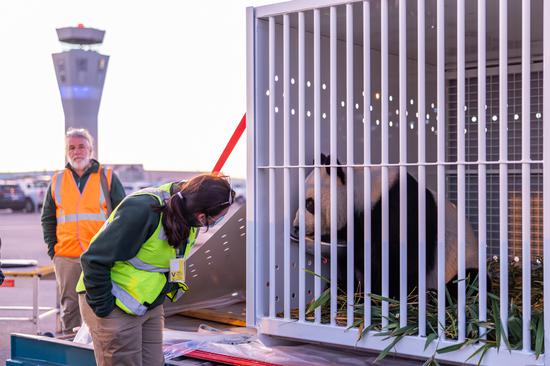


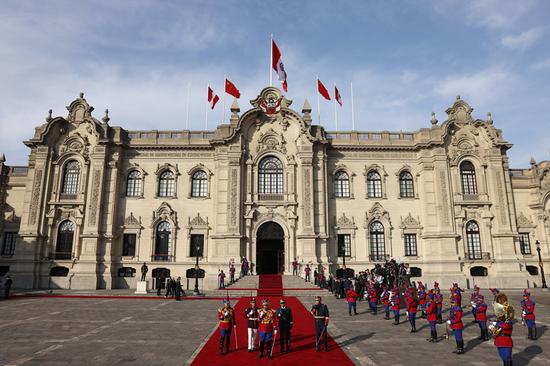
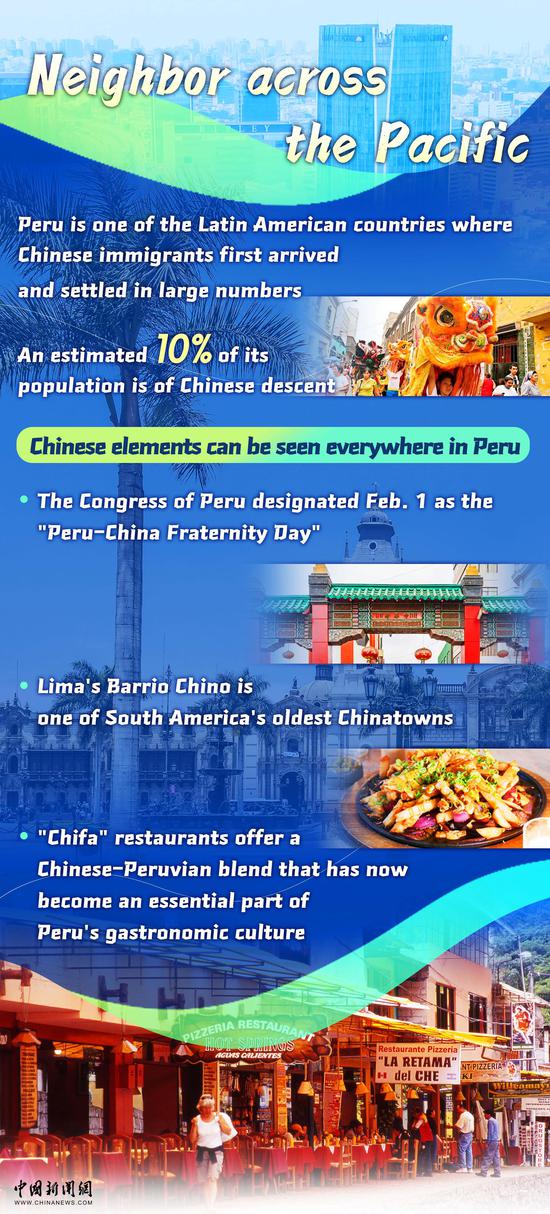

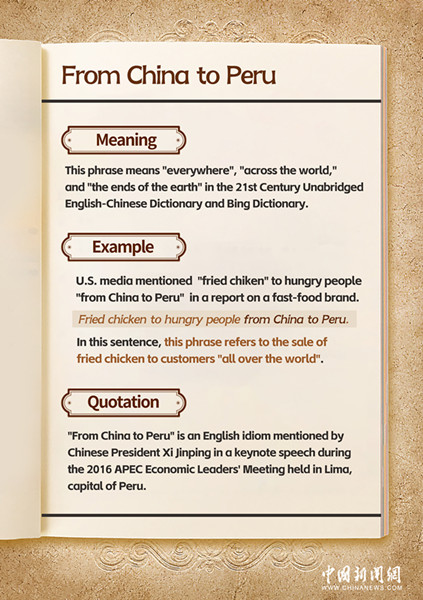
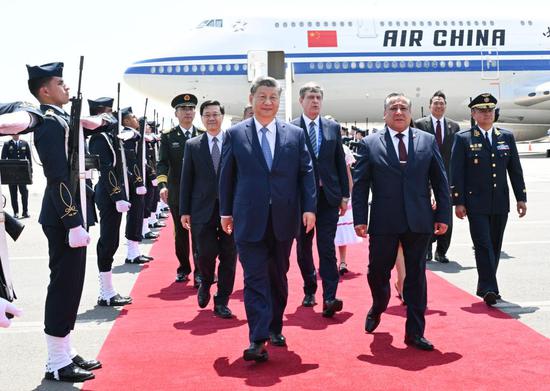

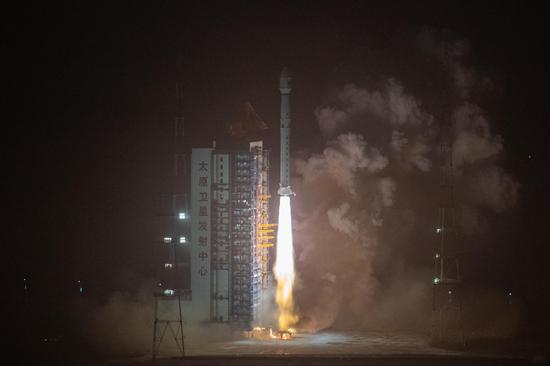


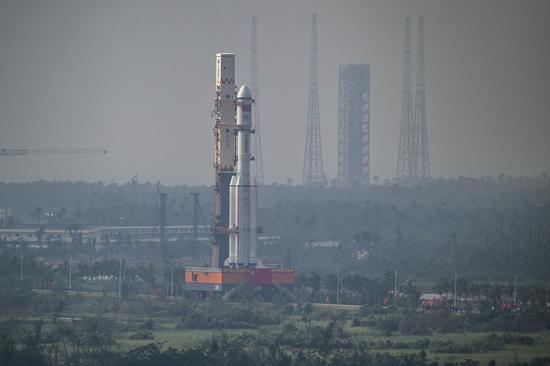









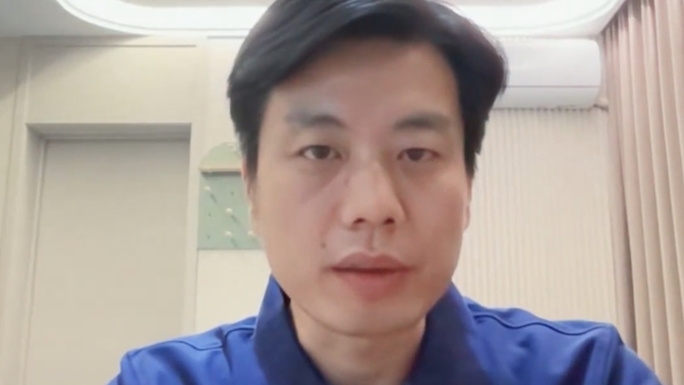

 京公网安备 11010202009201号
京公网安备 11010202009201号